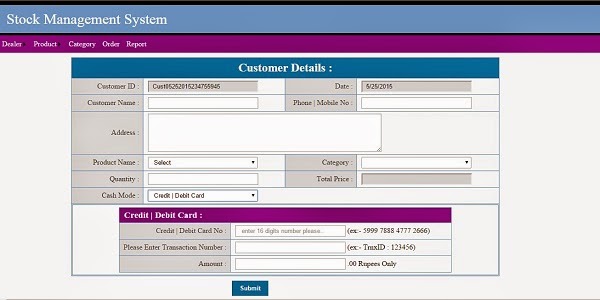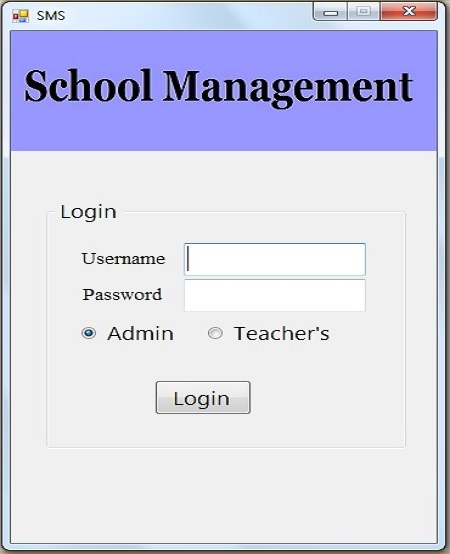Binary Operators :
Binary operators serve as the bedrock of C programming, providing a foundation for mathematical operations. Essentially, these operators require two operands and an operator between them. Let's delve into the most common binary operators and their meanings:
| Binary Operator | Meaning |
|---|---|
| + | Addition of two numbers |
| - | Subtraction of two numbers |
| * | Multiplication of two numbers |
| / | Division of a number by another |
| % | Modulo of a number by another |
Understanding Division and Modulo:
In division, operands can be either integer or floating-point types. If one operand is a floating-point type, the result will be of floating-point type. However, the modulo operation can only be performed with integer types, producing a remainder as an integer. The result of modulo division takes the sign of the first operand.
Operator Precedence:
Multiplicative expressions, encompassing multiplication, division, and modulo operators, hold the highest priority among binary operators. Conversely, additive expressions, involving addition and subtraction operators, are evaluated after multiplicative expressions.
Strings in C Language:
Strings play a pivotal role in C programming, representing sequences of characters treated as data items. They are declared as character arrays and manipulated for various purposes, such as words and sentences. Every string is concluded with the '\0' (NULL) character, having a decimal value of zero. Character strings are frequently utilized to create meaningful and readable programs.
Common operations performed on character strings include reading, writing, combining, copying, comparing for equality, and extracting portions. For example, consider the declaration of a character string:
char name[] = {'I', 'N', 'D', 'I', 'A', '\0'};C Token:
In the realm of C programming, individual words and punctuation marks are termed tokens. These tokens serve as the smallest individual units in a C program, forming the foundation of its syntax. C programming relies on these tokens to construct programs effectively. There are six types of C tokens, each playing a crucial role in maintaining the language's syntax.
In conclusion, understanding binary operators, strings, and C tokens is essential for mastering C programming. These fundamental concepts form the backbone of effective coding, enabling developers to perform mathematical operations, manipulate text efficiently, and construct syntactically correct programs. Explore these concepts in-depth to enhance your C programming skills.






0 Comments